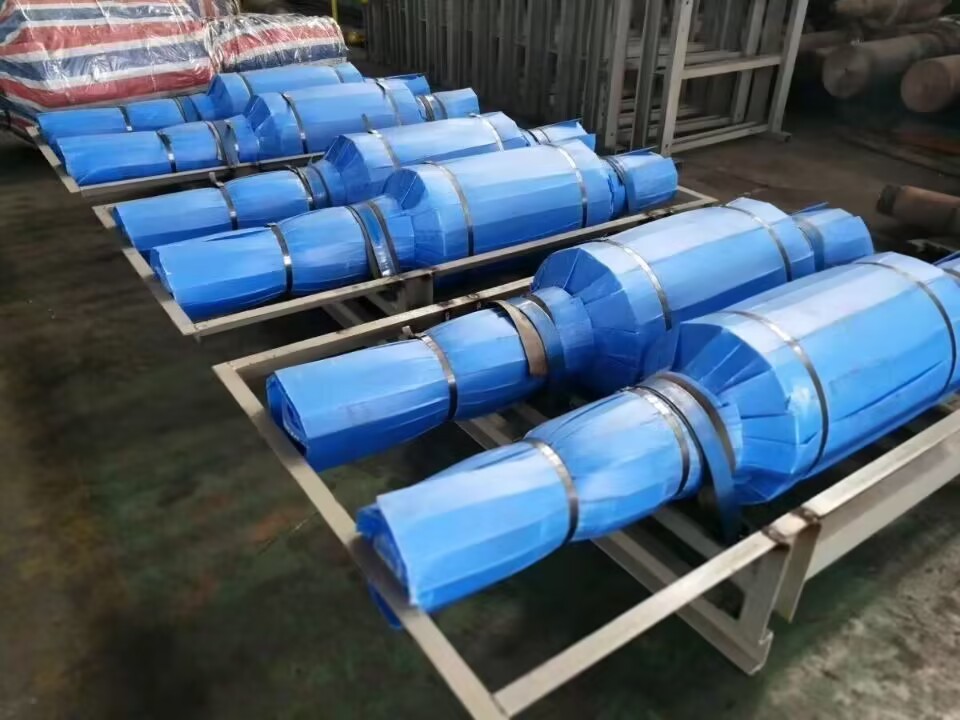In the world of industrial manufacturing, the evolution of rolling technology has been nothing short of revolutionary. From the early days of steel rolls to the advanced high chromium iron rolls and nodular cast iron rolls, each innovation has brought about significant improvements in efficiency, durability, and product quality.
Steel Rolls: The Foundation of Rolling Technology
Steel rolls have long been the backbone of the rolling industry. Known for their strength and durability, steel rolls are used in a variety of applications, from metalworking to paper manufacturing. Their ability to withstand high pressure and temperature makes them ideal for heavy-duty operations. However, as industries evolved, the need for more specialized rolls became apparent.
Hot Rolls: Meeting the Demands of High-Temperature Applications
Hot rolls are designed to perform under extreme temperatures, making them essential for processes like hot rolling of metals. These rolls are typically made from high-quality steel and are engineered to maintain their structural integrity even at elevated temperatures. The development of hot rolls has enabled manufacturers to produce high-quality metal sheets and plates with improved surface finish and mechanical properties.
High Chromium Iron Rolls: The Pinnacle of Wear Resistance
As industries demanded rolls with better wear resistance and longer service life, high chromium iron rolls emerged as a game-changer. These rolls are characterized by their high hardness and excellent wear resistance, thanks to the presence of chromium in their composition. High chromium iron rolls are particularly effective in applications where abrasive materials are processed, such as in the mining and cement industries. Their ability to maintain performance over extended periods reduces downtime and maintenance costs, making them a cost-effective solution for many manufacturers.
Nodular Cast Iron Rolls: The Future of Rolling Technology
Nodular cast iron rolls represent the latest advancement in rolling technology. Also known as ductile iron rolls, these rolls combine the strength of steel with the wear resistance of cast iron. The nodular graphite structure within the iron matrix provides enhanced toughness and fatigue resistance, making them ideal for demanding applications. Nodular cast iron rolls are increasingly being adopted in industries such as automotive, aerospace, and heavy machinery, where precision and reliability are paramount.
Conclusion
The journey from steel rolls to nodular cast iron rolls highlights the continuous innovation in rolling technology. Each type of roll has its unique advantages, catering to specific industrial needs. As technology advances, we can expect even more specialized and efficient rolls to emerge, further driving the capabilities of modern manufacturing. Whether it’s the robustness of steel rolls, the high-temperature resilience of hot rolls, the wear resistance of high chromium iron rolls, or the toughness of nodular cast iron rolls, the future of rolling technology looks promising and full of potential.
Post time: Sep-23-2024
